Kings and Queens who were obsessed with hunting
For centuries, hunting has been a pastime synonymous with royalty, a symbol of power, prestige, and tradition. From the sprawling forests of England to the vast Russian steppes, royal hunts have played a significant role in history.
These events were not only about the thrill of the chase but also served as a means to display wealth and authority. Today, the legacy of these hunts continues to influence modern conservation efforts and cultural practices.
King Henry VIII: The Tudor Monarch’s Passion for the Hunt
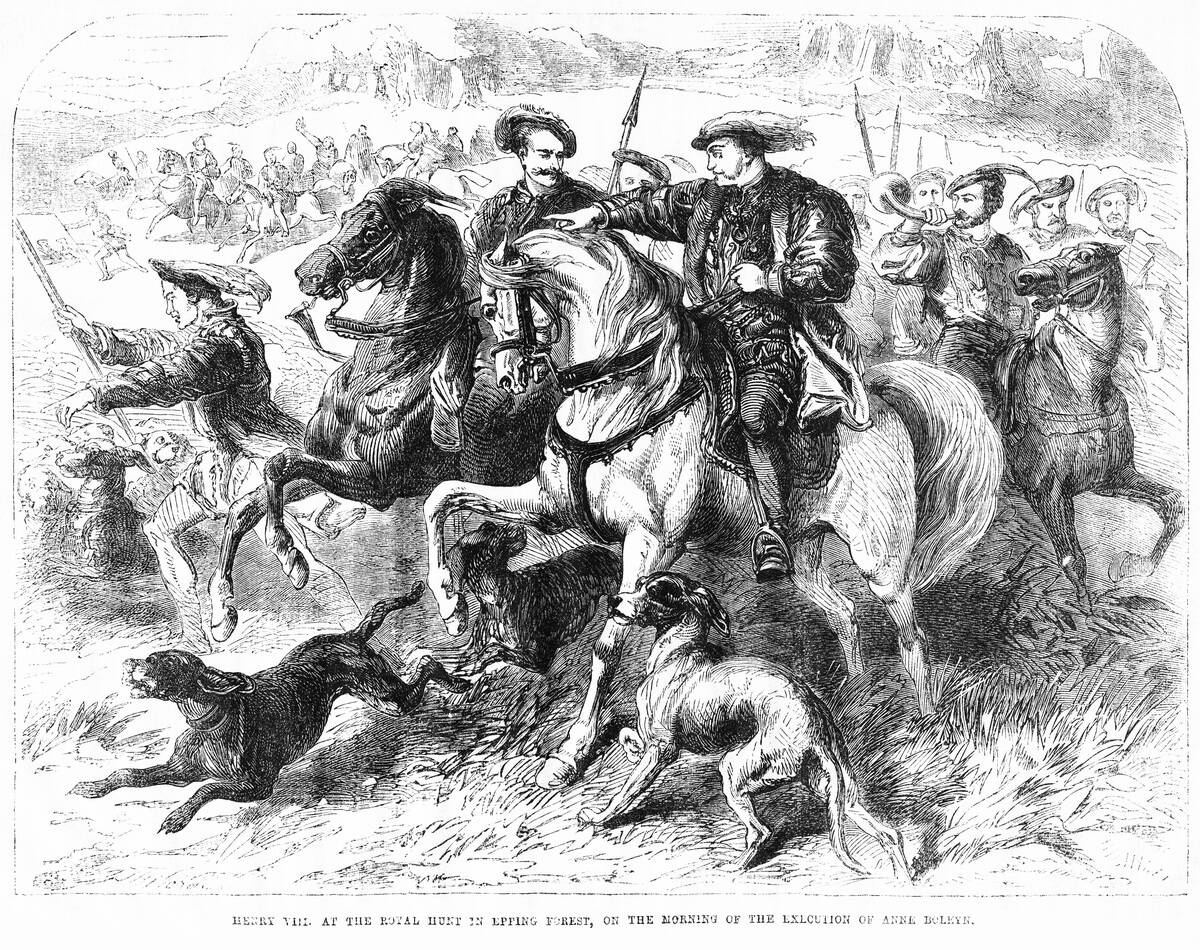
King Henry VIII was known for his larger-than-life personality and equally grand passion for hunting. He boasted an impressive collection of hunting dogs and horses, often hosting elaborate hunts.
His favorite game was the majestic stag, and he would spend weeks at his hunting lodges. The king’s love for the sport was so profound that it influenced his construction of palatial hunting grounds, like Hampton Court, ensuring his place in hunting history.
Queen Elizabeth I: The Virgin Queen and Her Love for Deer Parks
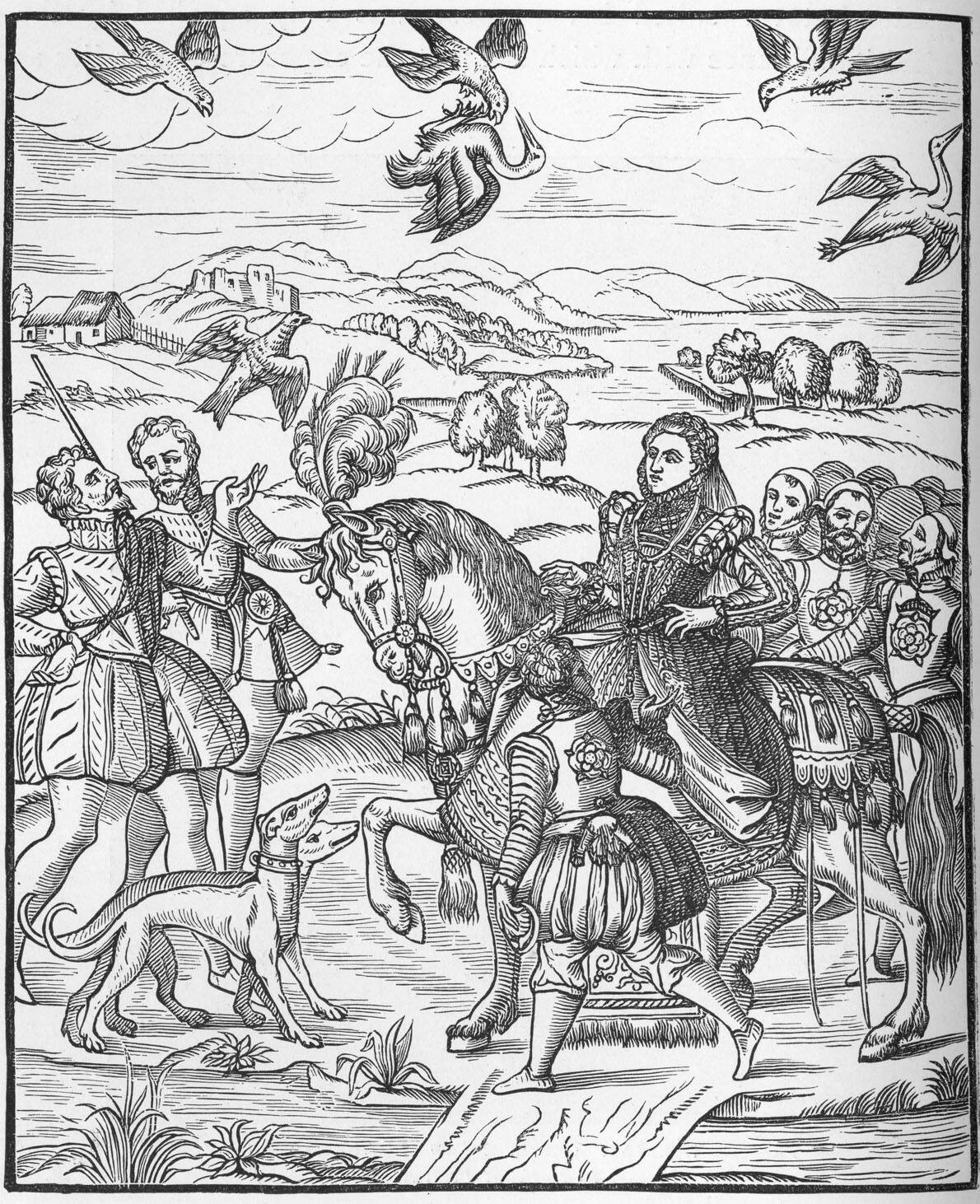
Queen Elizabeth I, despite her political burdens, found solace in hunting, particularly within the tranquil confines of deer parks. These parks were carefully curated environments where she could escape courtly duties.
The queen’s favorite was Richmond Park, where she pursued deer with vigor. Her passion for these outdoor retreats not only reflected her love for nature but also served as a statement of independence and authority in a male-dominated society.
Louis XIII of France: A King’s Devotion to Falconry
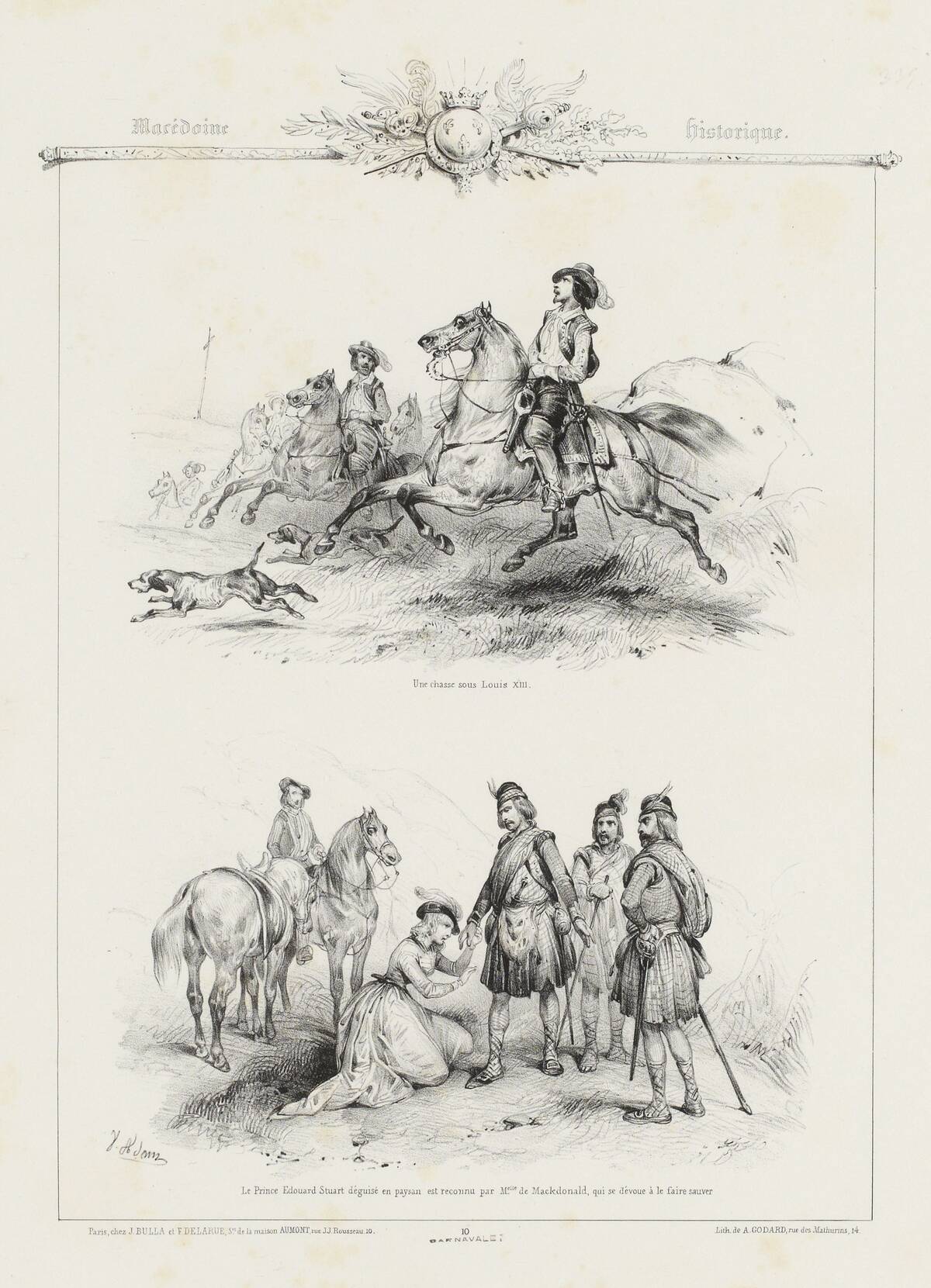
Louis XIII of France had a keen interest in falconry, a sophisticated form of hunting using trained birds of prey. Falconry required skill, patience, and a deep understanding of avian behavior, making it a favored sport among the nobility.
Louis XIII invested in a vast array of falcons and employed skilled falconers to maintain them.
King Charles II of England: The Merry Monarch’s Hunting Parties
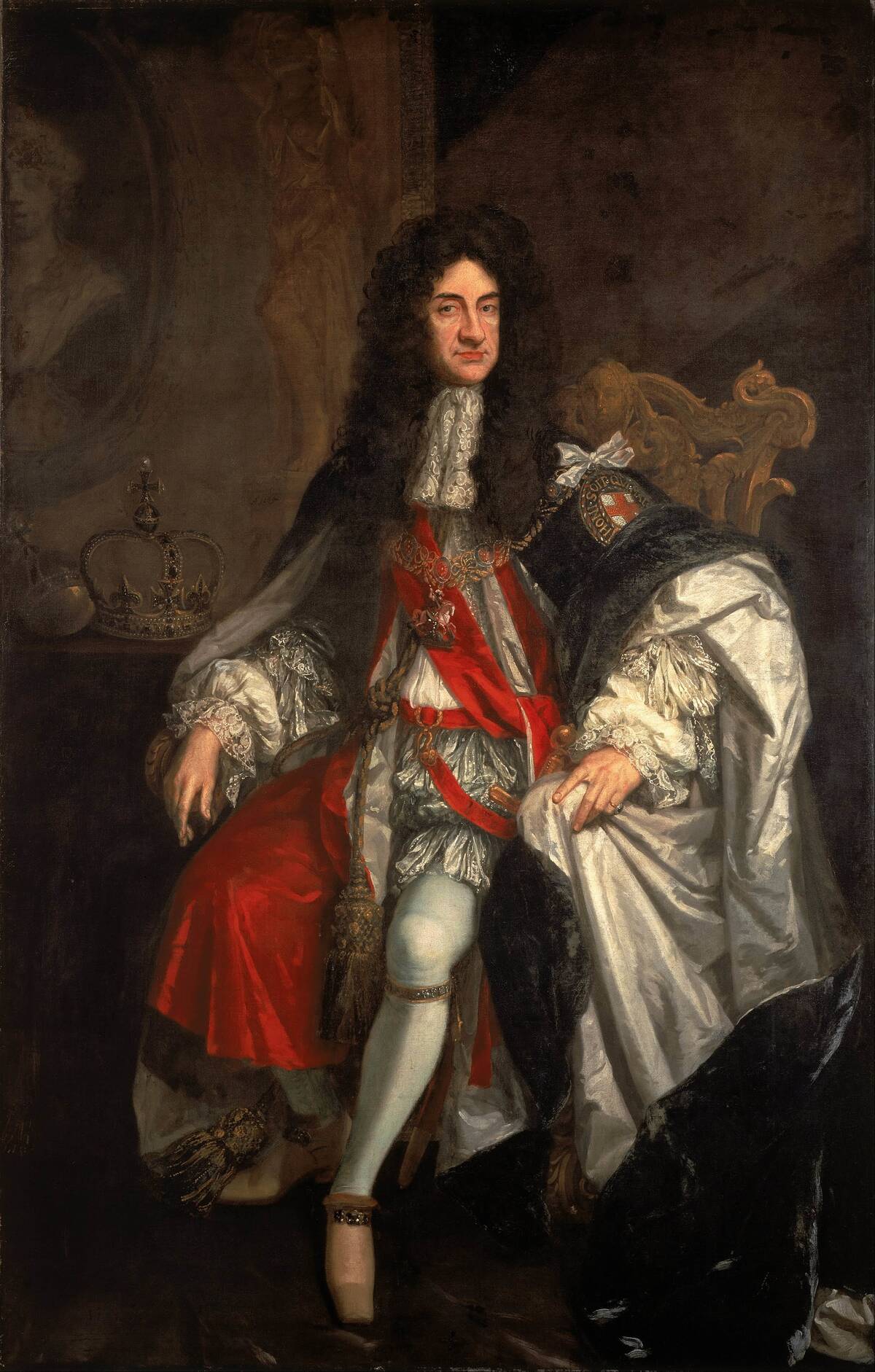
King Charles II, known for his affable nature, embraced hunting as a social affair. His hunting parties were legendary, blending sport with revelry. The king’s fondness for the chase was matched by his enjoyment of the camaraderie it fostered.
These events were less about conquest and more about leisure and networking. Charles II’s infectious enthusiasm for hunting helped restore its popularity following the austere Cromwellian period, revitalizing the sport across England.
Louis XV: The French Monarch Known for His Elaborate Hunts
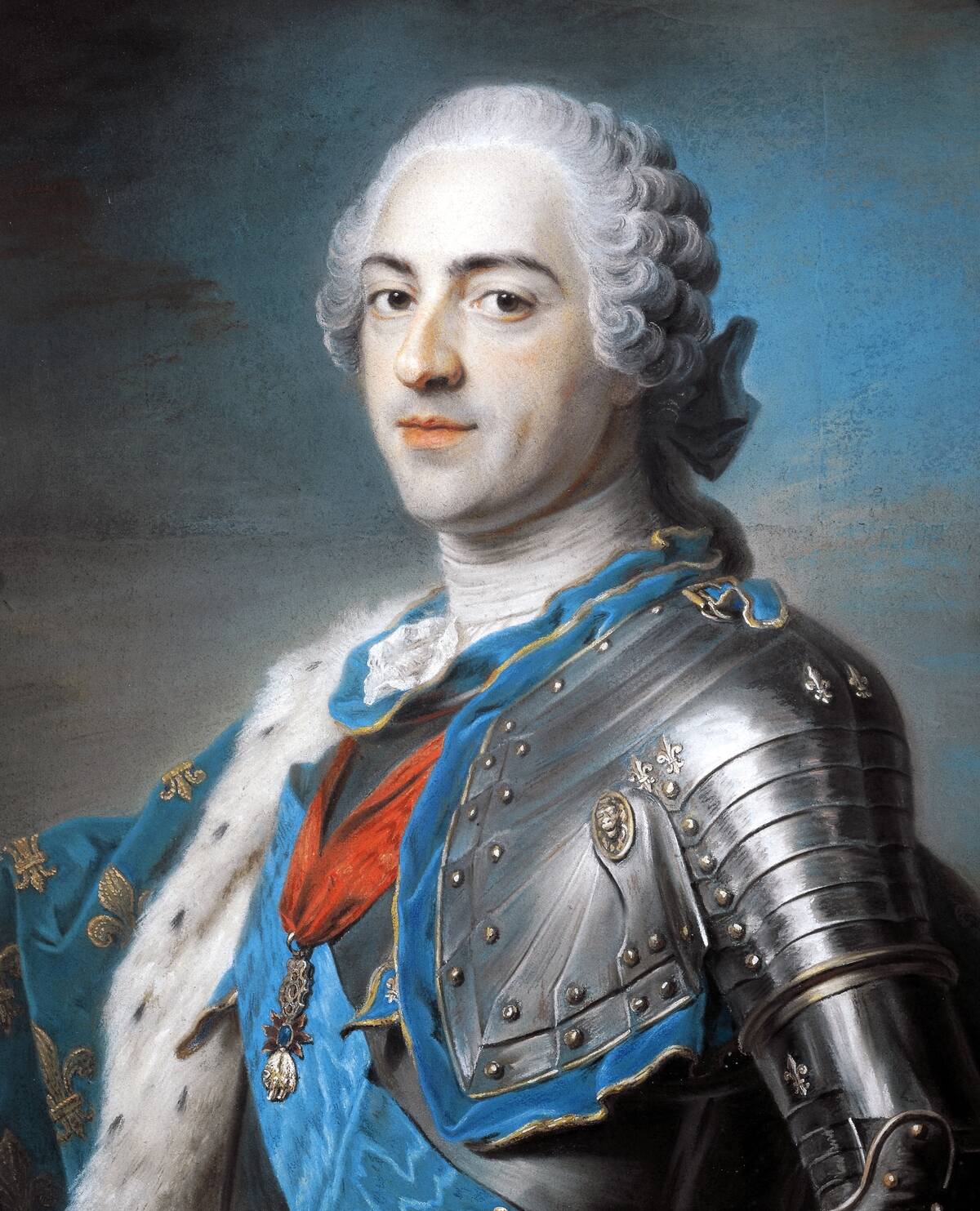
Louis XV took hunting to extravagant heights, orchestrating grand events that dazzled the French court. His hunts were meticulously planned, often involving hundreds of participants and elaborate feasts.
Louis XV’s passion for the sport was not just about the hunt but also the spectacle, cementing his reputation as a king who understood the power of pageantry.
Marie Antoinette: A Queen’s Escape into the World of Hunting
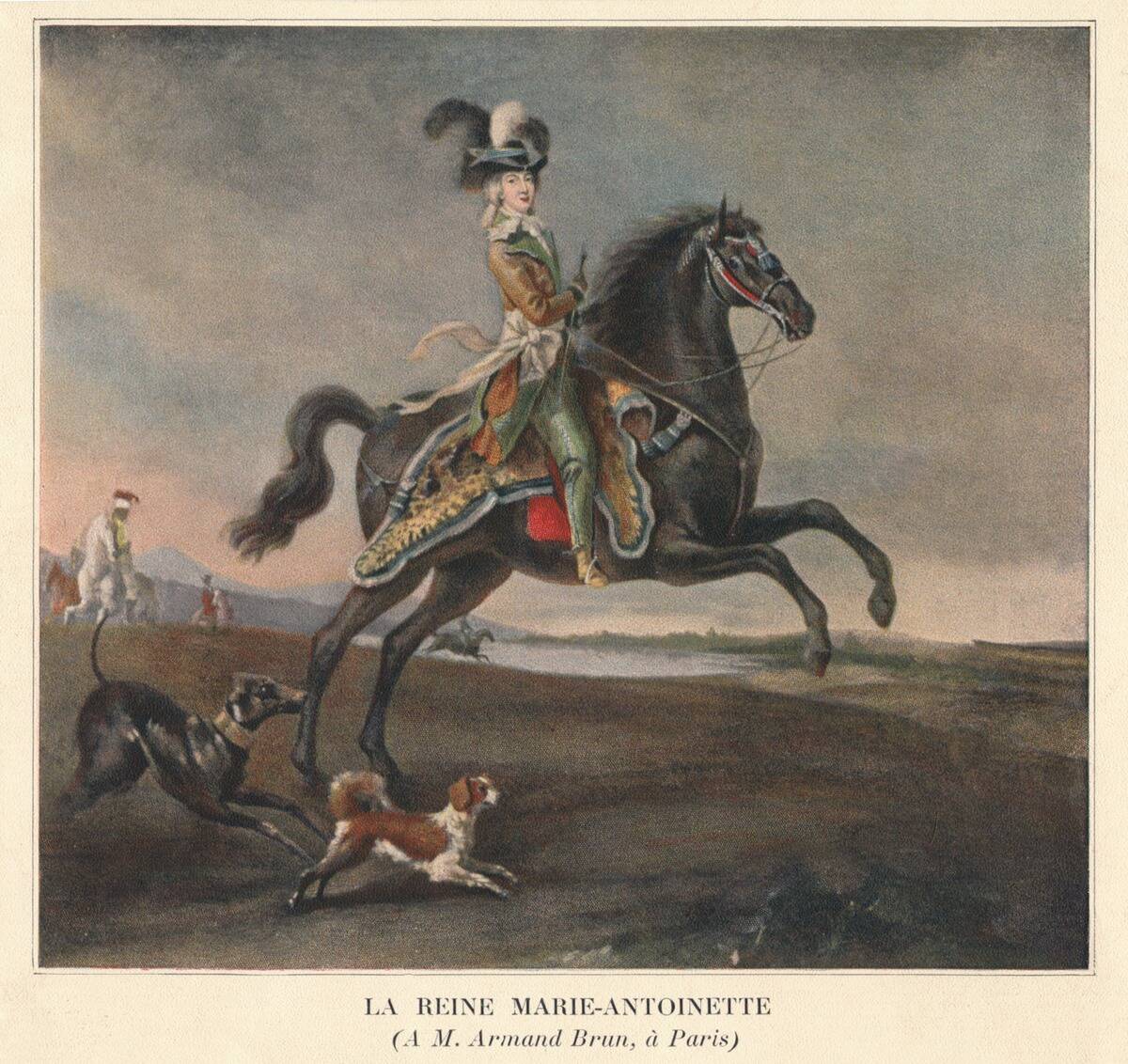
Marie Antoinette, often seen as a symbol of extravagance, found respite in hunting. It offered her a break from the pressures of court life at Versailles.
Hunting allowed her to express a different side of her personality, one that valued simplicity and the pleasures of nature, contrasting sharply with her public image of opulence.
King James I of England: The Monarch Who Constantly Hunted
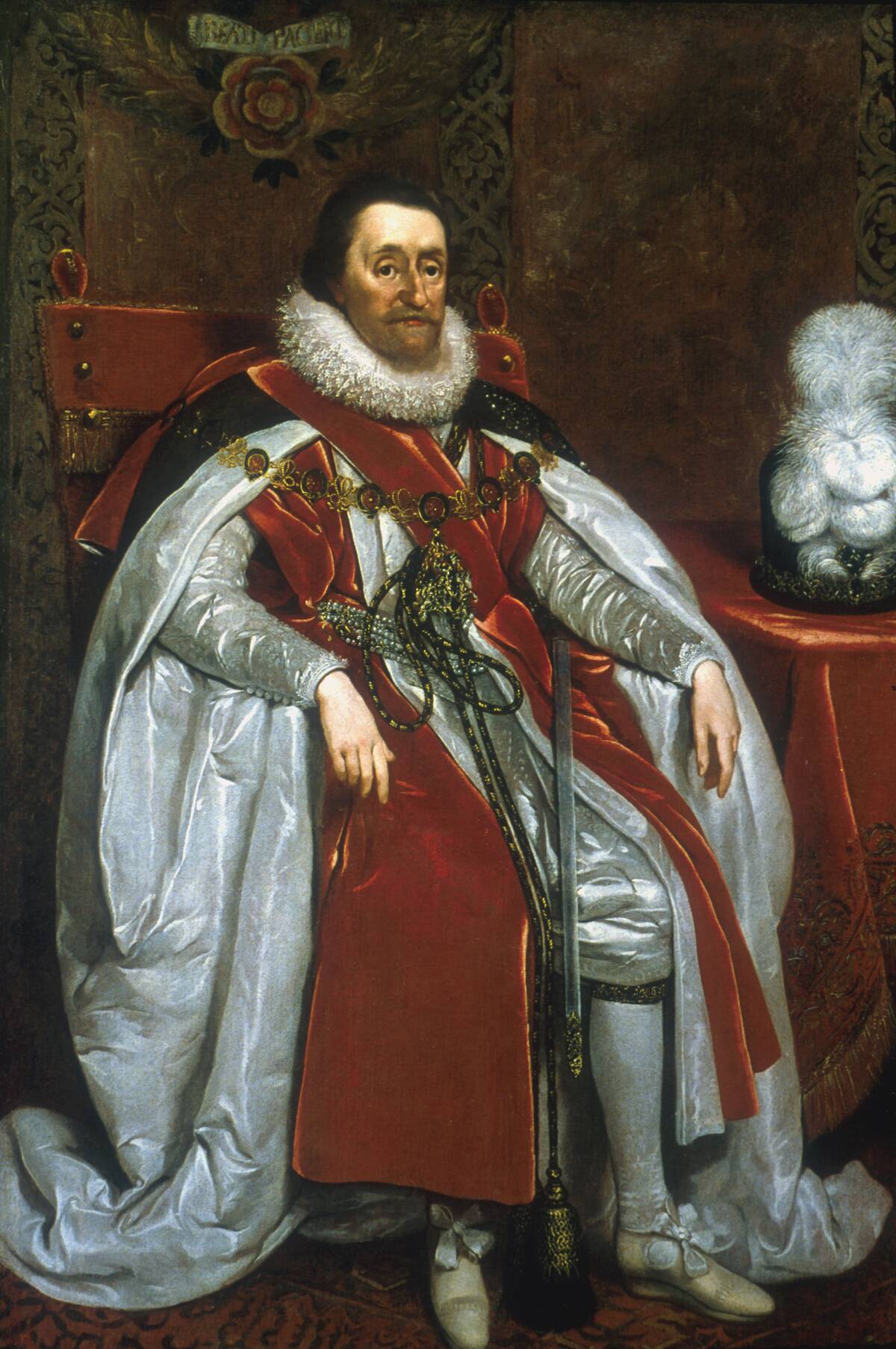
King James I was a scholarly ruler who combined his love for literature with his passion for hunting.
Indeed, James I was known to hunt so often that he was often described abandoning his royal duties for the sport. He also asserted what he considered a royal prerogative to hunt on any lands he wished.
King Philip IV of Spain: The Royal Huntsman of the Spanish Empire
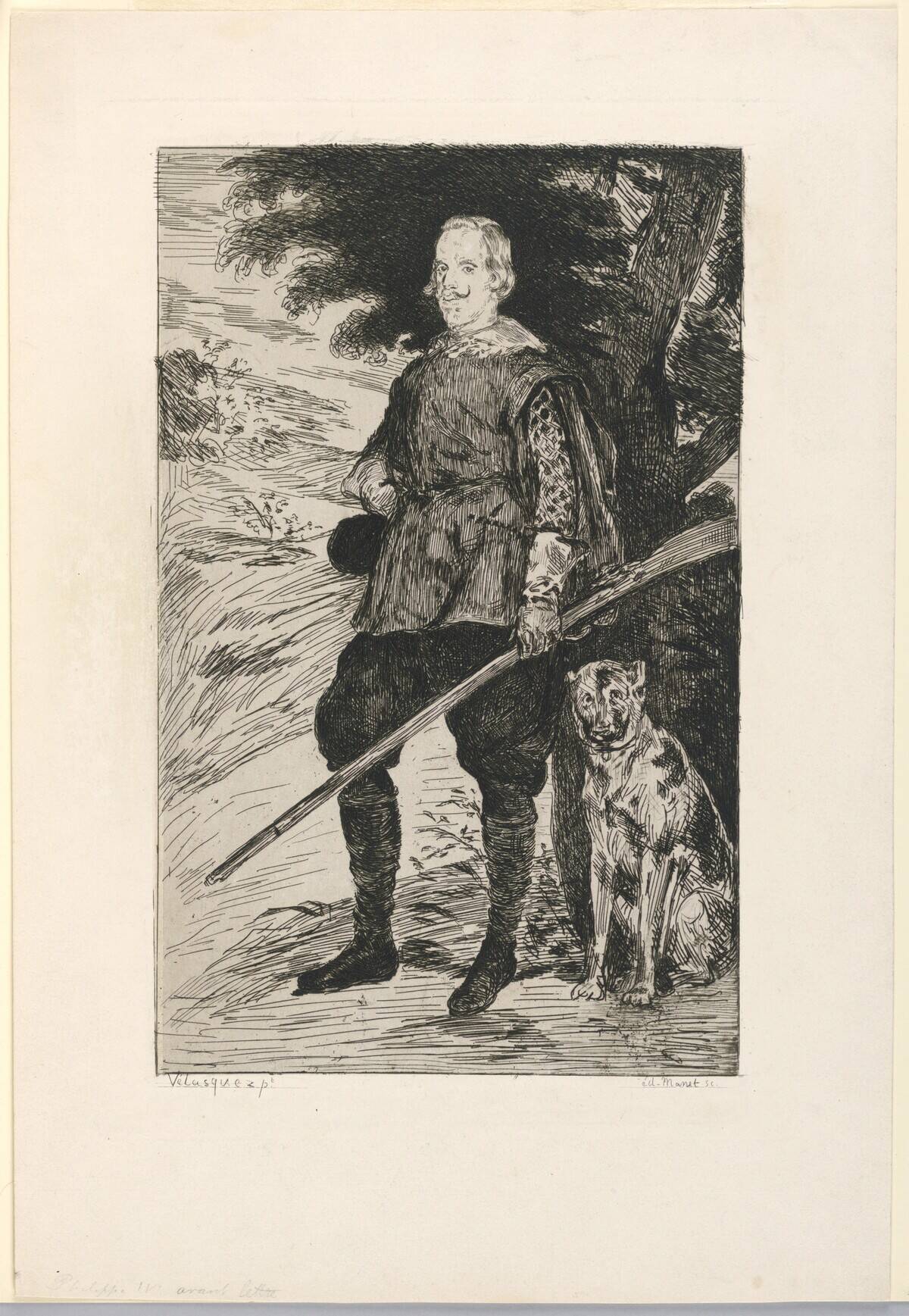
King Philip IV of Spain was an ardent huntsman, deeply invested in the sport’s cultural significance. His reign saw the expansion of royal hunting grounds, such as El Pardo and La Casa de Campo.
Philip’s hunts were grand affairs, often documented in paintings by court artists like Velázquez. These artworks not only captured the king’s passion for hunting but also immortalized the splendor of the Spanish court, showcasing the monarch’s connection to the land.
Queen Victoria: The British Monarch’s Fondness for Highland Hunts
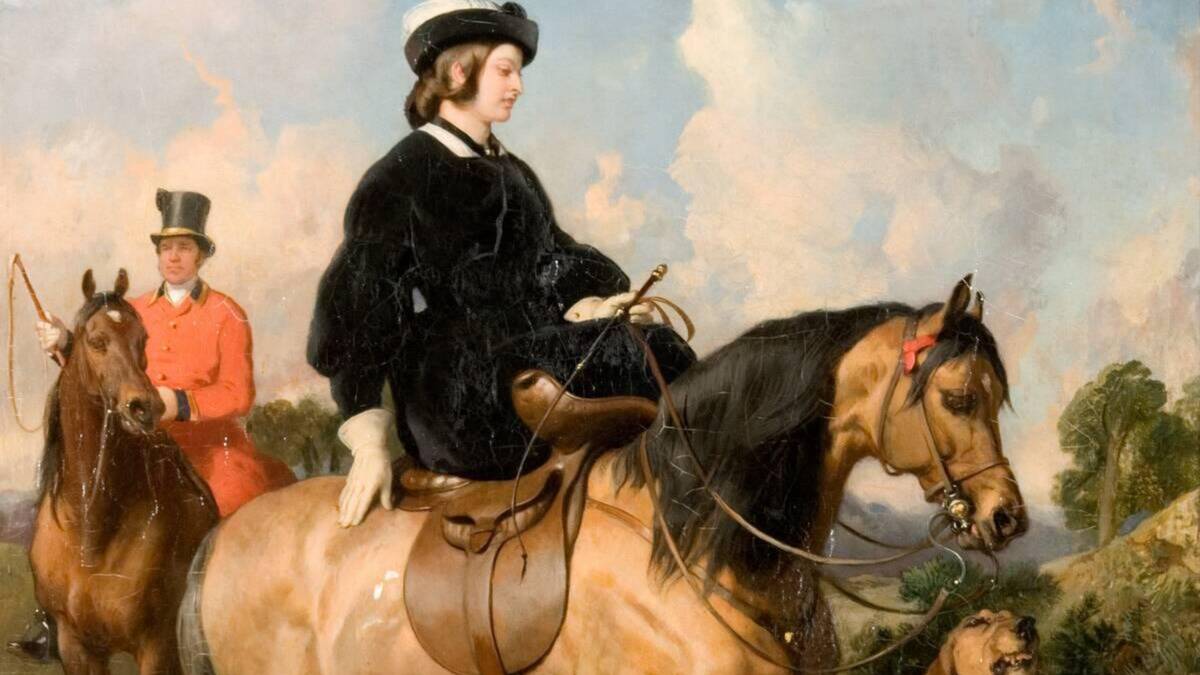
Queen Victoria’s love for the Scottish Highlands was well documented, with hunting playing a central role in her visits. Balmoral Castle, her Scottish retreat, became synonymous with royal hunts.
The queen’s passion for the Highlands and its hunting traditions helped popularize the region, influencing British culture and tourism. Her diaries reveal a deep appreciation for the landscape and the thrill of the hunt, underscoring her enduring bond with Scotland.
King Alfonso XIII of Spain: The Enthusiastic Hunter from a Young Age
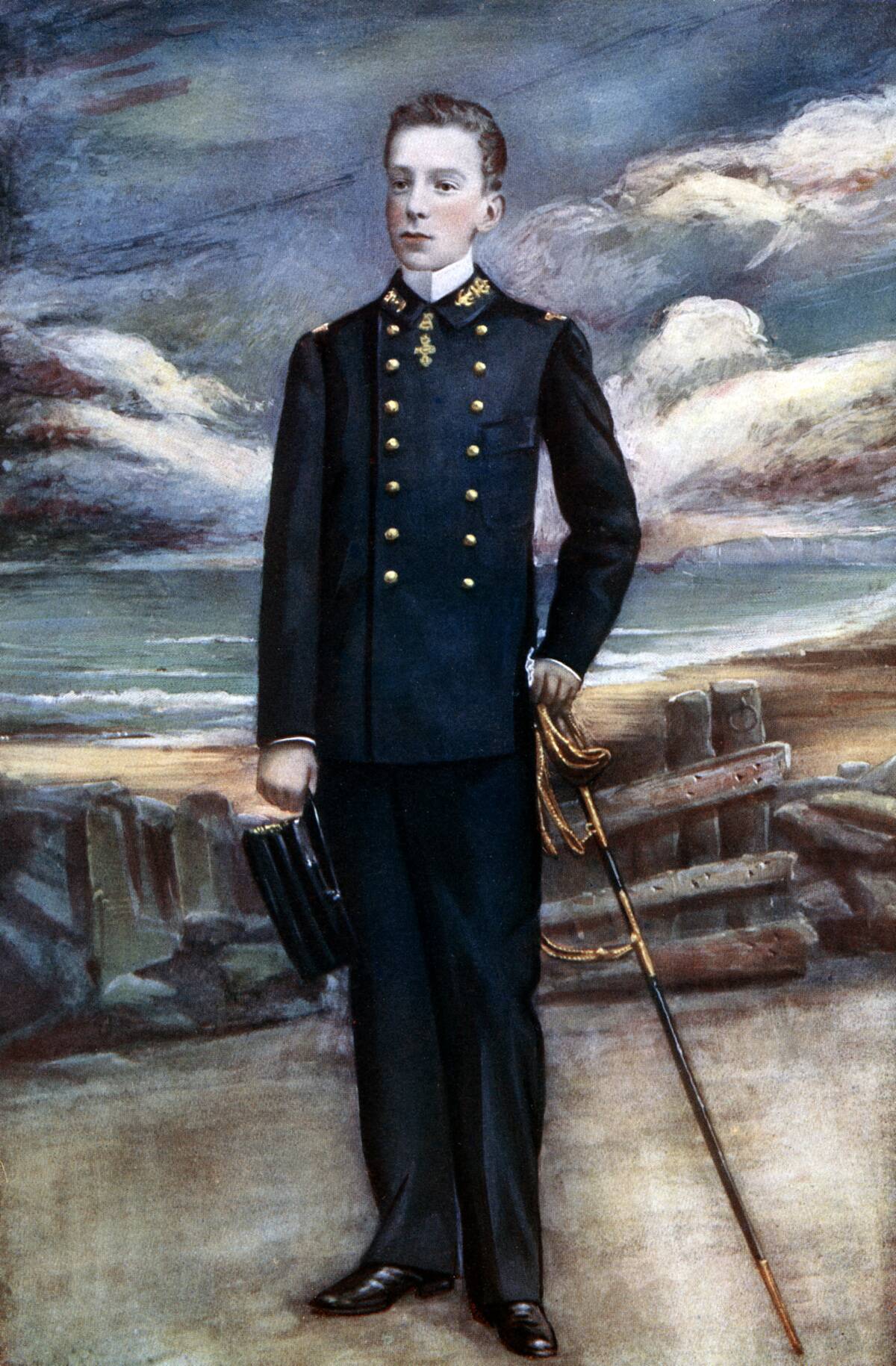
King Alfonso XIII developed a passion for hunting early in life, a pursuit that remained with him throughout his reign. He was known for his adventurous spirit, often embarking on hunting expeditions across Spain.
Alfonso’s hunts were not only personal escapes but also diplomatic tools, fostering relationships with other European nobility. His dedication to the sport was evident in his extensive travel and the numerous hunting lodges he frequented across the country.
King Edward VII: The British King Who Made Hunting a Social Affair
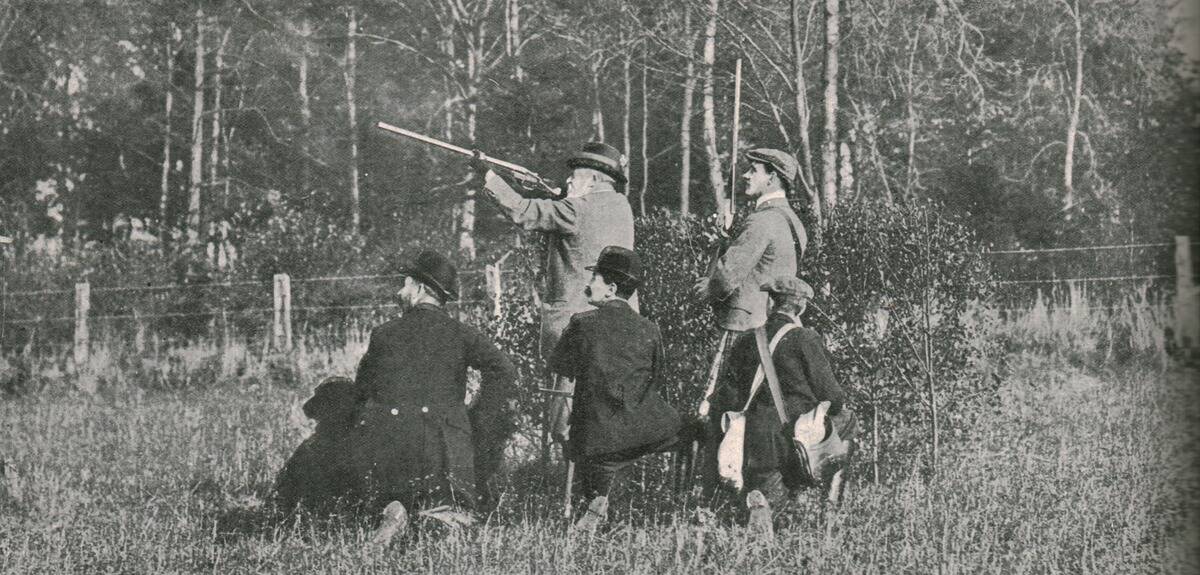
King Edward VII, known for his sociable nature, transformed hunting into a fashionable social event. His gatherings were marked by elegance and camaraderie, attracting the elite of British society.
Edward’s passion for the sport was matched by his desire to bring people together, making hunting a symbol of both prestige and friendship. His influence extended beyond the hunt, impacting British social customs and cementing his legacy as the king of high society gatherings.
King George V: The Passionate Hunter
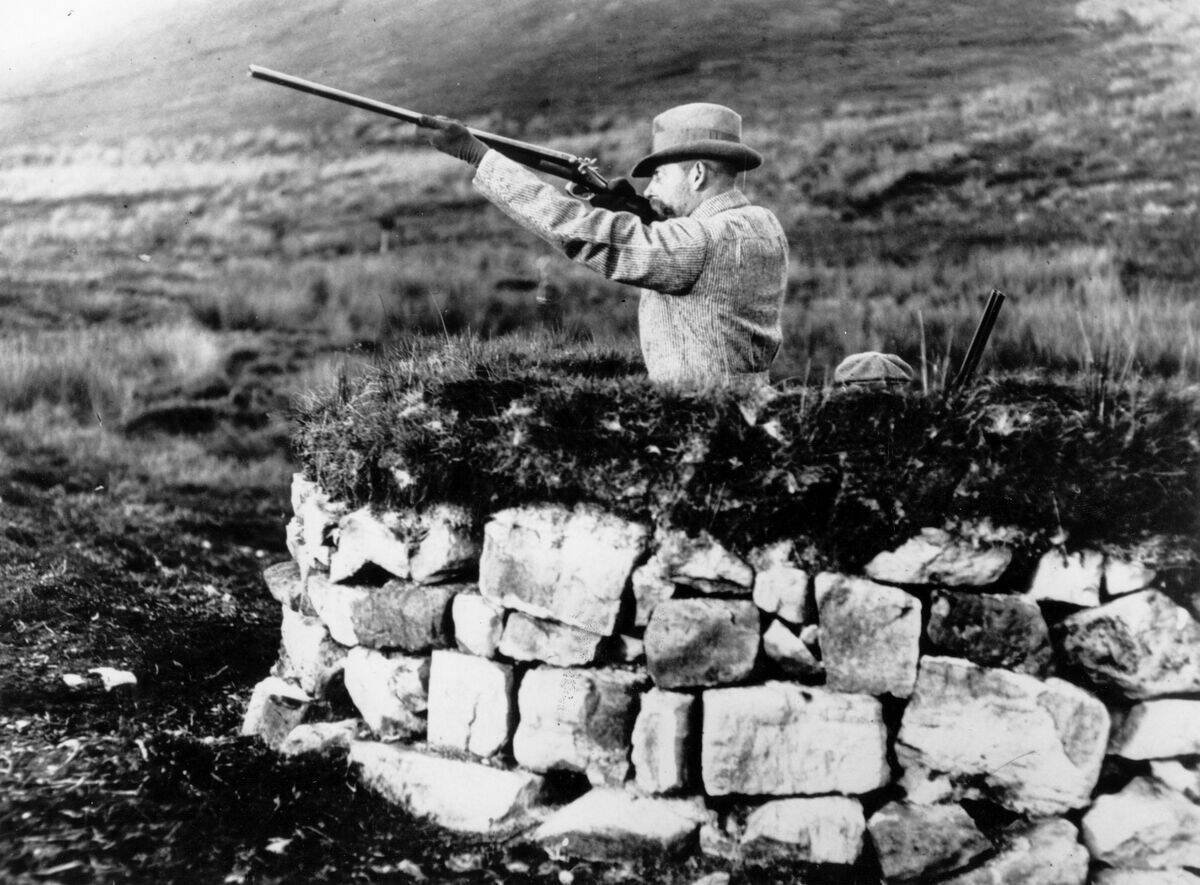
King George V was an avid hunter who famously took this passion to Nepal, where he showed his keen and efficient prowess. Specifically, he shot 21 tigers, eight rhinoceroses, and a bear in just ten days.
Even he had to acknowledge his hunting party got carried away on December 18, 1913, as they had managed to shoot 1,000 pheasants in only six hours.



